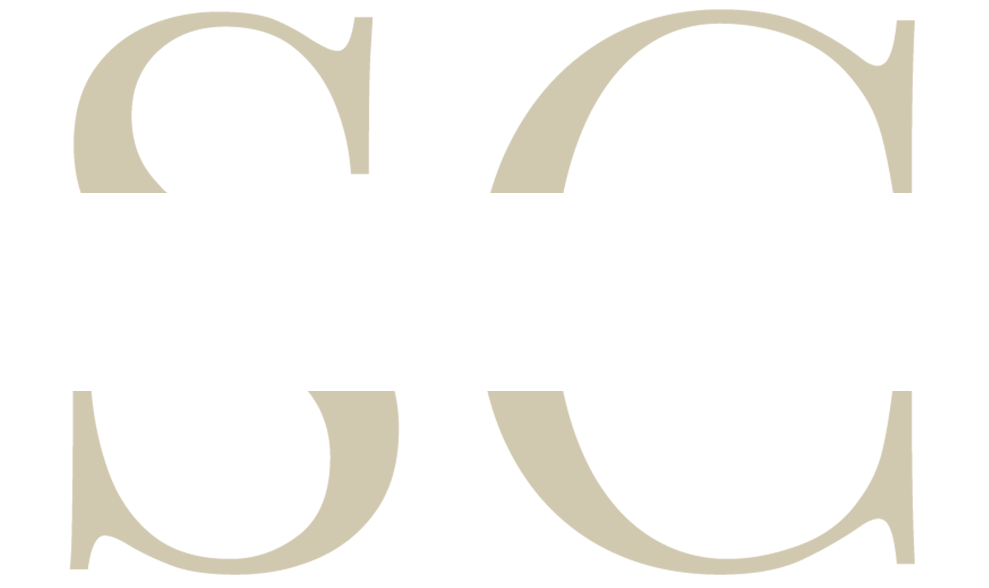Toxic organizations refer to workplaces or institutions that exhibit dysfunctional, harmful, or detrimental behaviors, practices, and cultures. These organizations tend to have elements that negatively impact the well-being, productivity, and success of their employees. In the rest of this short article, some of the defining characteristics of a toxic organization are briefly explained.
Toxic environments often breed mistrust, and conflict among employees. When employees are demotivated, or constantly engaged in interpersonal conflicts, their productivity and focus on their tasks deteriorate. In such instances, low morale can also lead to decreased effort, absenteeism, and high turnover rates, all of which negatively impact overall performance.
Breakdown in Communication: A Barrier to Operational Efficiency
Such organizations typically lack effective communication channels and foster an atmosphere of fear or mistrust. Open and honest communication is essential for smooth workflow, coordination, and problem-solving. In such an environment, employees may hesitate to share ideas, concerns, feedbacks leading to misunderstandings, misalignment, and delays in decision-making. This breakdown in communication hampers operational efficiency.
Individualism and Competition: Hindrances to Collaboration
Toxic cultures often promote individualism and competition over collaboration and teamwork. When employees are pitted against each other and focused solely on their own success, they may withhold information, resist sharing knowledge, or avoid cooperating with colleagues. This lack of collaboration hinders the flow of information, slows down projects, and prevents the organization from benefiting from collective effort.
High Turnover Rates, Talent Deficit and Inhibition of Innovation and Creativity
These organizations tend to experience high turnover rates as employees seek a healthier work environment. Constantly recruiting and training new employees is costly and time-consuming, disrupting workflow and reducing overall efficiency. Moreover, toxic organizations may struggle to attract and retain top talent, leading to a talent deficit and further operational challenges. They often stifle innovation and creativity. Employees in such environments may be reluctant to take risks, suggest new ideas, or challenge the status quo out of fear of repercussions or a lack of psychological safety. Without a culture that fosters innovation, organizations miss out on valuable opportunities for improvement and fail to adapt to changing market dynamics, ultimately impacting operational efficiency.
Distractions and Inefficiencies
Toxic environments are prone to conflicts, power struggles, and corporate politics. These distractions divert time, energy, and resources away from productive work. Employees may spend significant amounts of time managing interpersonal issues or engaging in non-value-added activities, which leads to a loss of focus and operational inefficiency.
The Importance of a Fair and Transparent Salary Policy
In addition to fostering a healthy work environment, a fair and transparent salary policy is another crucial aspect of addressing a toxic organizational culture and improving operational efficiency. A well-defined salary policy ensures that employees feel valued and fairly compensated for their contributions, reducing feelings of resentment and dissatisfaction. When employees perceive the salary structure to be equitable and based on objective criteria, it enhances trust and minimizes conflicts related to compensation. Moreover, a competitive salary policy helps attract and retain top talent, preventing a talent deficit and ensuring a skilled workforce. By implementing a fair and transparent salary policy, organizations can create a positive work environment that motivates employees, enhances productivity, and contributes to overall performance.
Promoting a Healthy Work Environment for Operational Efficiency
Addressing a typical toxic organizational culture and promoting a healthy work environment is crucial for improving operational efficiency. This involves fostering open communication, promoting collaboration and teamwork, prioritizing employee well-being and engagement, and providing opportunities for creativity, growth and development.
Our Expertise in Overcoming Toxic Organizational Cultures
Stellar Consult, with its extensive expertise and experience, is well-equipped to help organizations overcome the discrepancies and challenges associated with toxic cultures. Our team of professionals understands the intricacies of organizational dynamics and is adept at implementing effective strategies for fostering a healthy work environment. We offer tailored solutions, including comprehensive assessments, targeted interventions, and ongoing support, to address toxic behaviors, improve communication, and promote collaboration and teamwork. By partnering with Stellar Consult, organizations can navigate the complexities of toxic cultures and unlock their true potential, ultimately enhancing operational efficiency and achieving sustainable success.

